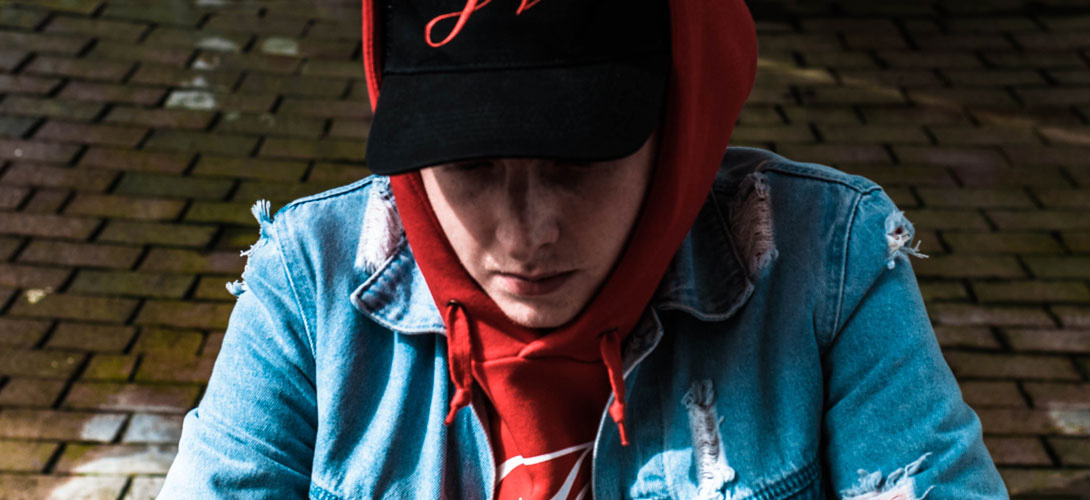
Anxiety is an unpleasant feeling associated with apprehension, uneasiness and worry.
It can affect our bodies physically by making our stomachs sore, causing light-headed or dizzy spells, making us feel like we need to go to the bathroom or causing our faces to go red.
Why do we get anxious?
Anxiety can make us feel scared or sad or angry with the people around us. It can make us believe bad things are going to happen or that things are worse than they are.
However, there are times when anxiety can actually be helpful. When our caveman ancestors came across danger like a dinosaur in their environment, anxiety would kick in and their bodies would react in one of three ways.
This is called the Flight, Fight or Freeze Response. They would either take flight, i.e. run away. They would fight, i.e. take on the dinosaur or they would freeze up, so as not to be spotted.
Applied to today’s world, when we come across danger like a car coming towards us or we have a big test coming up we need to prepare for, anxiety can help us react appropriately.
The problem is that we no longer have dinosaurs in our environment and so our anxiety can get triggered by loads of other things our brains think are dangerous. This can be meeting up with someone new, going to the dentist or even talking to the teacher in class.
When anxiety becomes panic
Sometimes, anxiety can cause panic attacks. Someone experiencing a panic attack might feel breathless, out of control and scared. Panic attacks are distressing but they won’t physically hurt you.
Experiencing frequent episodes of anxiety can make it difficult to enjoy life. If that’s happening to you, it’s important to get support or talk to your doctor.
If you are experiencing a lot of anxiety, speak to your GP or a mental health professional. This will help you to find a treatment approach that works best for you.
More support and information
Aware provides information and support to people experiencing anxiety and their family members.
Website: aware.ie
If you’re thinking about suicide or self-harm or if you need help right away call 999 or 112
There are also specific support lines that you can call:
Samaritans Ireland – 116 123
Pieta House – 1800 247 247
Childline can also be contacted by any child or young person by calling 1800 66 66 66, texting to 50101 or chatting online at Childline.ie 24 hours a day, every day.



